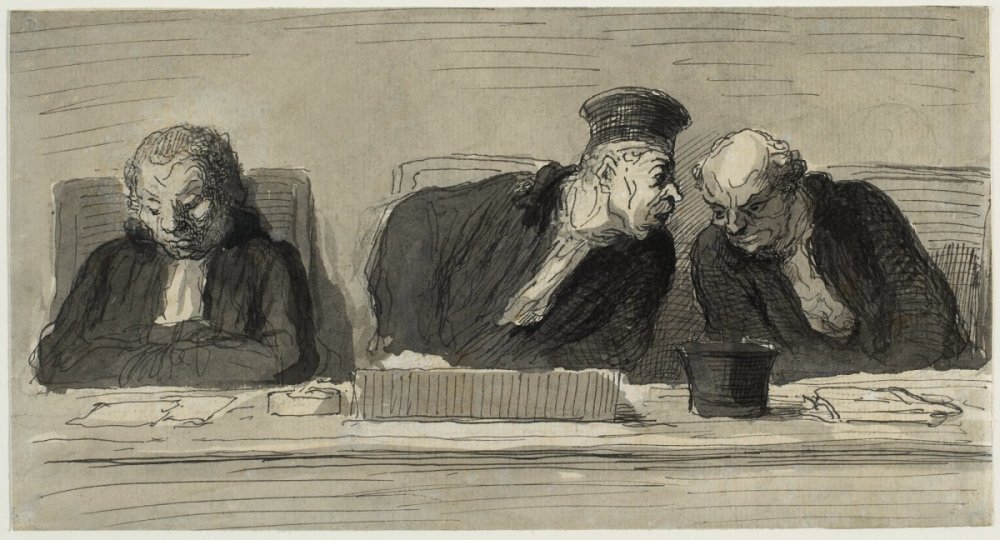Industry News
Two CIT Decisions Clarify Some (Potential) Importer Responsibilities
TweetAug. 18, 2023
By:
David G. Forgue
Most Court of International Trade (“CIT”) decisions are interesting to the litigants, the attorneys, and perhaps the court. However, they deal with issues so specific that they are unlikely to impact other parties. And then there are cases like those discussed here, both of which have potential consequences for all importers are issued. Specifically, United States v. Wanxiang and Second Nature Designs v. United States.

In Wanxiang the United States is suing Wanxiang for tariff misclassifications and failure to properly declare antidumping on some products. The government is demanding $31,185,209.11 in lost revenue and $66,190,766.98 in penalties. The decision does not decide the case but rejects Wanxiang’s argument that the government has not made claims appropriate for court. There will surely be at least one more decision or some kind of out of court resolution. Nevertheless, in addressing Wanxiang’s arguments, the CIT made at least decisions consequential to all importers.
First, Wanxiang argued that tariff misclassifications alone are not “false statements” needed to trigger Customs enforcement under 19 U.S.C. 1592. The court disagreed. Instead, the court noted that an apparent misclassification would support a claim under section 1592, at which point Customs would still need to prove the classification to be erroneous and the importer would still have the opportunity to show that it acted with reasonable care. Thus, alleging a “material false statement” is still a low threshold for Customs to meet, but importers have at least two bases to challenge the allegation.
Second, Wanxiang argued that the receipt of a Customs Form 29 Notice of Action was not prospectively binding on an importer and failure to follow the Customs action on future imports was not evidence of greater culpability (i.e. gross negligence). The court effectively agreed that a CF 29 doesn’t create, on its own, a prospective obligation for an importer. Instead, the CF 29 notifies an importer that Customs believes it has breached a duty to make accurate imports. Once notified of that belief in a breach, 19 U.S.C. 1484’s requirement that importers use “reasonable care” to make accurate entry requires the importer to stop making the (alleged) error in the CF 29 until and unless the CF 29 is reversed. This is a subtle but important reminder to importers that “reasonable care” requires them to be aware of legal developments and adapt behavior to them. It is also an important reminder that CF 28s and CF 29s should be addressed thoughtfully and completely to avoid larger issues with Customs.
In Second Nature the importer filed protests against the Customs classification of imported goods. In response, the United States filed a counterclaim (effectively sued the importer back) claiming that the goods should have been classified under a provision different from the liquidation provision (that Customs imposed) or the importer’s preferred provision. Second Nature argued that the United States did not have the legal right to make a counterclaim. Plaintiff also appears to question whether the United States has the right to impose a higher duty (and collect those duties) in response to a protest.
The court agreed that the statute did not allow the United States to file a counterclaim. However, the court decided that the alternative classification presented by Customs could be treated as a defense against plaintiff’s proposed tariff provision, rather than their own claim. The court then relied on the 1984 decision Jarvis Clark v. United States to note that it was the CIT’s job to find the correct tariff classification, rather than to merely choose between the provisions proffered by the parties. Thus, the United States had the right to argue for any “correct” classification. This raises the possibility that parties choosing to litigate tariff classification decisions could have the courts reach a conclusion that may be worse than any provision presented by the importer or the United States. It remains an open question whether Customs would be able to collect duties for liquidated entries in the wake of such litigation, but it is a distinct risk.
As these court decisions make clear, the compliance risks and requirements associated with importing are substantial and continue to be refined. New issues arise and failure to address them can lead to substantial jeopardy for importers. If you have any question about your responsibilities and how to properly meet them call any attorney at Barnes, Richardson & Colburn, LLP.
